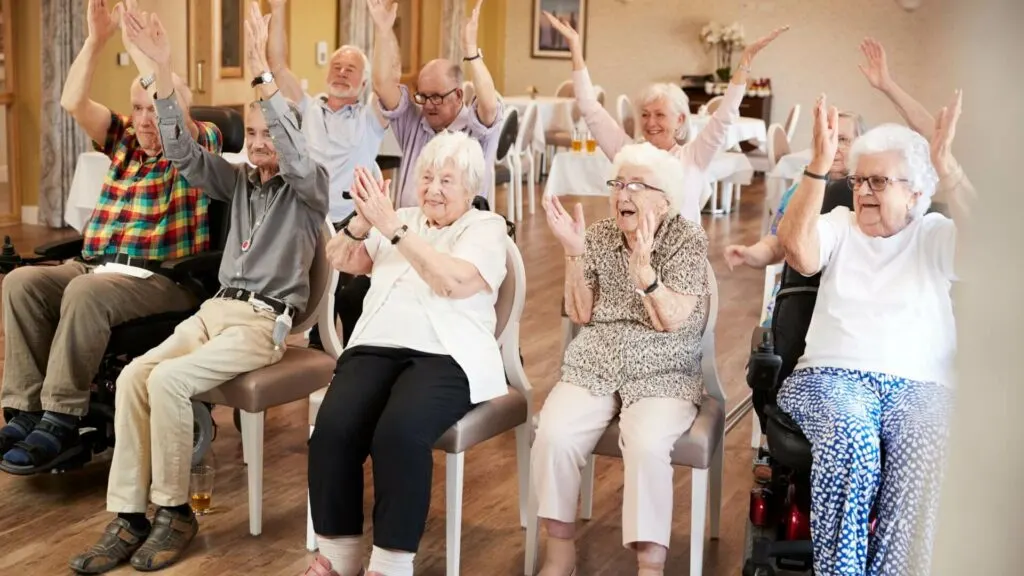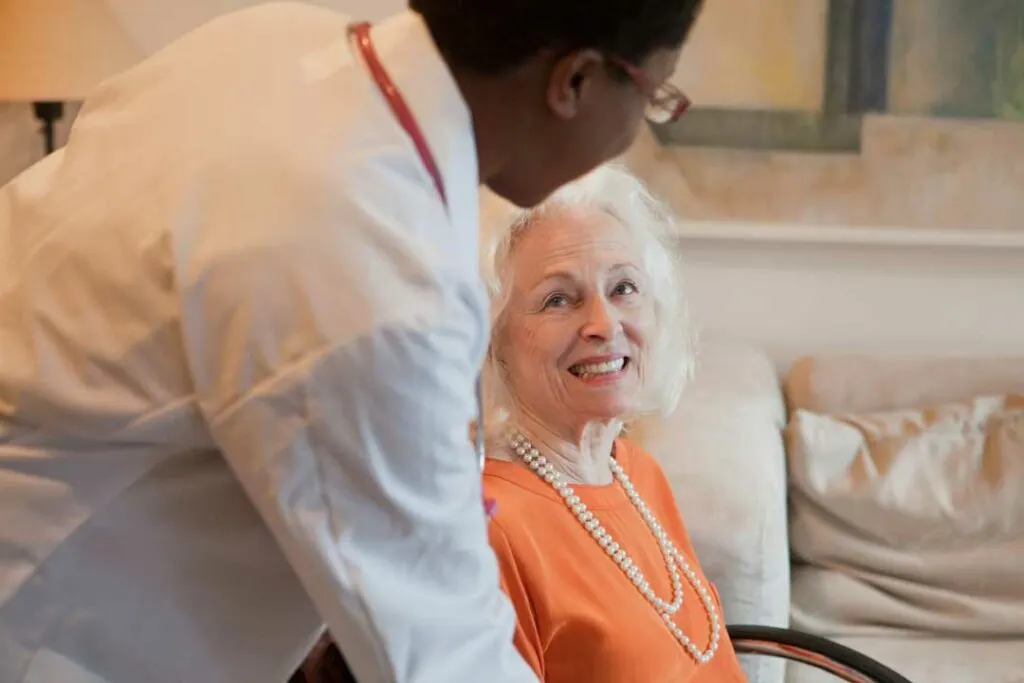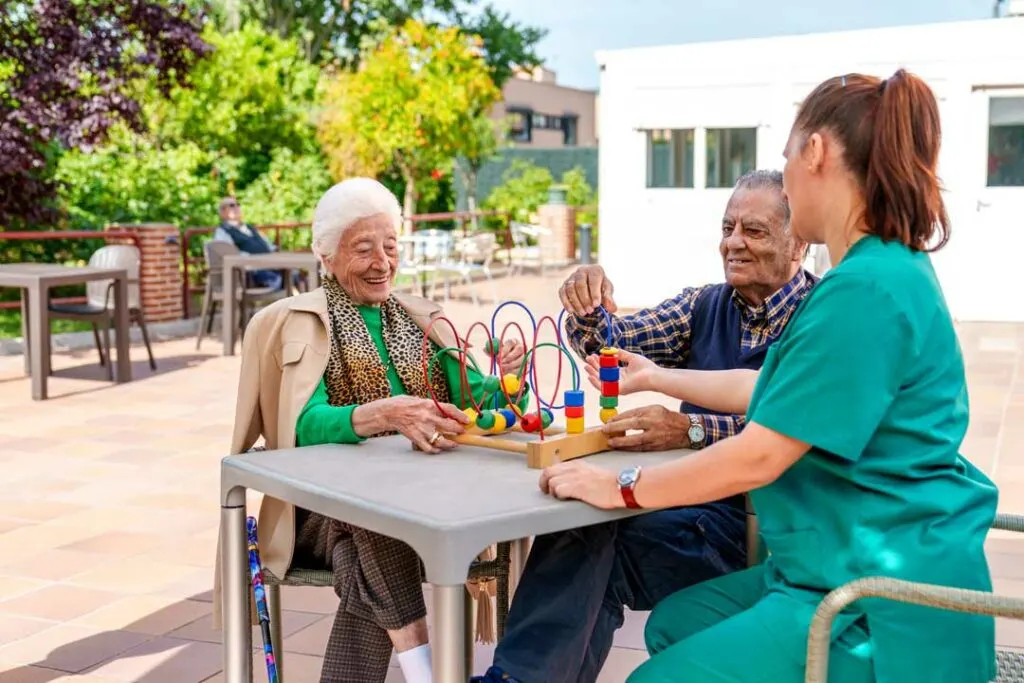Wondering when to consider assisted living? Learn the signs, benefits, and steps to help your loved ones transition gracefully.
Deciding when to consider assisted living for a loved one is never easy. It’s a decision filled with emotion, care, and responsibility.
From recognizing subtle changes in daily activities to addressing safety concerns, understanding the right time for assisted living can ease the transition. Let’s explore how to identify the signs and navigate this next chapter with empathy and confidence.
Signs It’s Time for Assisted Living and How to Decide

Recognizing the Cues
Transitioning into assisted living often signals itself through subtle shifts in physical wellness, cognitive functions, and social engagement. Such as Mom retreating into herself more often or Dad leaving his magazines unread where he once was an avid reader, which are all telltale signs that assistance might be required.
Searching for Local Assisted Living Facilities
Once the decision to look for assisted living becomes evident, the next step involves finding a facility that suits the needs and preferences of your loved one. Searching for assisted living near me can produce an overwhelming selection of options, making it critical that this task be tackled methodically.
Begin by considering factors like family visits, quality of care provided, activities available to residents, and the possibility of any flexible financing options as an indicator of where you should begin searching.

Visit facilities in person to assess if their community matches your loved one’s personality and needs. Additionally, check online reviews and ask local healthcare providers for recommendations to narrow your options.
Harmony in Health: When Safety Takes Center Stage
Safety at home becomes very important when considering assisted living. An occasional forgotten pot on the stove could quickly become a frequent occurrence, and any minor stumble could turn into an emergency situation if left alone.
Assisted living facilities have built-in support systems and health monitoring to reduce these risks while protecting our elders’ well-being.
Social Interactions
Life’s greatest delight lies in sharing experiences with those whose music resonates, especially as we age. A decrease in social activities or decreased interest in hobbies might signal that it’s time to enter assisted living.

Assisted living facilities’ social calendars offer ample activities so residents can engage, connect, and direct their lives symphony alongside peers.
Autonomy in Assistance: Conducting Their Lives With Support
At its heart, assisted living lies in its ability to blend independence with a level of care that’s tailored specifically to our parents’ needs.
We want them to enjoy the freedom to lead their daily lives with the assurance of help available if their daily goals prove difficult to attain alone. With this model, they remain autonomously directed while receiving assistance tailored specifically for them.
When to Consider Assisted Living: A Guide for Families

Transitioning to assisted living should not be seen as diminishing our parents’ independence, it should provide them with the stage they need to flourish, both socially and safely. As with any major decision, it deserves thoughtful discussion among family members – including all loved ones making the move – before taking any definitive steps.
Knowing when to consider assisted living can ensure your loved ones continue to thrive in a safe and supportive environment. Look for changes in physical health, cognitive ability, or social engagement as key indicators. Assisted living provides a balance of independence and care, offering your family peace of mind. Start the conversation today, and help your loved ones embrace this enriching next chapter.
Look for signs like declining health, memory issues, or increased difficulty managing daily tasks.
Assisted living offers tailored care, social engagement, and a safe environment for seniors to thrive.
Visit facilities in person, check online reviews, and consider proximity, care quality, and available activities.
No, assisted living supports independence with some care, while nursing homes provide medical care for serious conditions
Open communication, involving your loved one in decisions, and visiting the facility can help with adjustment.

Jessi is the creative mind behind The Coffee Mom, a popular blog that combines parenting advice, travel tips, and a love for all things Disney. As a trusted Disney influencer and passionate storyteller, Jessi’s authentic insights and relatable content resonate with readers worldwide.
